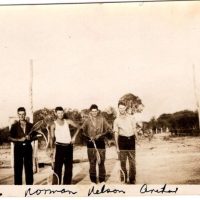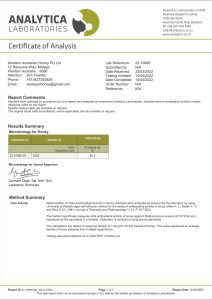About Us
Fewster’s Farm Honey
Fewster’s Farm (FF) is owned and operated by Kim Fewster, a fourth generation beekeeper, who has proudly kept on the family tradition which began in 1898.
Chemical & Preservative Free
Organically Certified
HIGH in Antioxidants
FREE from Heat Treatment
Largest Jarrah Honey producer in the World
Fewster’s Farm is one of the largest producers of honey in Western Australia. Fewster’s Farm honey is as pristine as the environment it comes from. The honey is never heat-treated, no chemicals or preservatives are added and the honey comes naturally from the hive to your home.
Organic Food Chain has accredited Fewster’s Farm as organically certified, meaning the honey extraction and processing centre is inspected regularly by the Organic Food Board and the honey itself must come from environments in which there is no agricultural or industrial activity within a 5 km radius. The honey is tested for microbial content and must adhere to strict guidelines in order to remain organically certified.
Fewster’s Farm is one of the biggest producers of Jarrah honey in the world. Jarrah honey is known for its high anti- oxidants and healing properties.
The Beekeeper
Kim Fewster, a fourth generation beekeeper lives on the old family farm in Muchea where the prized honey is extracted and bottled.
The farm has belonged to Fewster’s family since 1898 with honey being commercially produced there since 1916.
Kim has been a passionate beekeeper for as long as he can remember and from an early age Kim started working with bees under the careful instruction of his father and grandfather, both lifelong beekeepers.
Kim has actively promoted and developed the image of Western Australian honey through being one of the biggest producers and exporters in Western Australia.
When the Asian Apiculture Conference was held in Perth in 2006, Kim was the president and host and remains as the Australian representative of the Asian Apiculture Association. He has also played a big role in developing the Western Australian & Australian National Apiculture Associations and is still a central figure in both associations.
Kim can be described as an engaging and passionate beekeeper who loves his job and has a passion for beekeeping and prioritizes producing the best quality honey above all else.
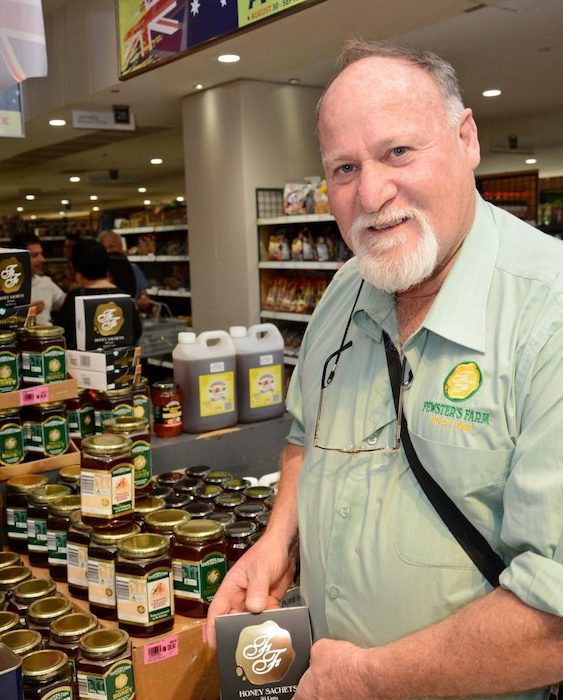
Fewster’s Farm Honey
The Process
Fewster’s Farm honey is gathered from ancient Jarrah forests of Western Australia. The hives are placed in a Jarrah forest and the bees work doing what they do best, producing clean, healthy and tasty honey. Once the honey has been collected it will be taken to Fewster’s Farm in Muchea, where the honey is removed from the honeycomb using clean and modern extraction technology.
Unlike many commercially available honeys, Fewster’s honey is not heat-treated or chemically processed; it is 100% natural with no additives, preservatives, colors or sugars added. Fewster’s Farm produces a range of organically certified honeys that are fully accredited by the Organic Food Chain (OFC) , and follows strict procedures as required by this governing body.
All honey is tested for moisture content, which normally tests below 16%, (the lowest according to global standards) this is what gives the honey a shelf life of thousands of years. Before being packaged, FF honey is filtered and tested for microbial content which gives a reading of TA or ‘Total Activity’ – this is what gives the honey its health kick. Honey is considered very healthy if it achieves TA 20+. Fewster’s Farm has been testing a variety of its honeys for antimicrobial properties in New Zealand with the highest score reached in 2013 by Fewster’s Jarrah Honey with Total Activity (TA) reaching up to TA 38.1. This makes it one of the best performing honeys in the world.
What makes Fewster’s honey special is the fact that it is being produced in commercial quantities without changing and decreasing the true value of Western Australian honey.
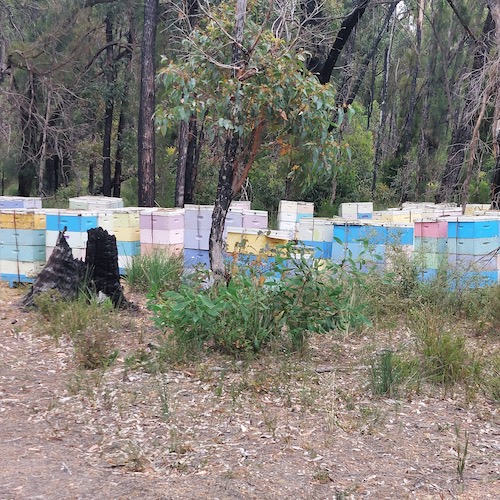
Honey is Hive fresh before it is extracted
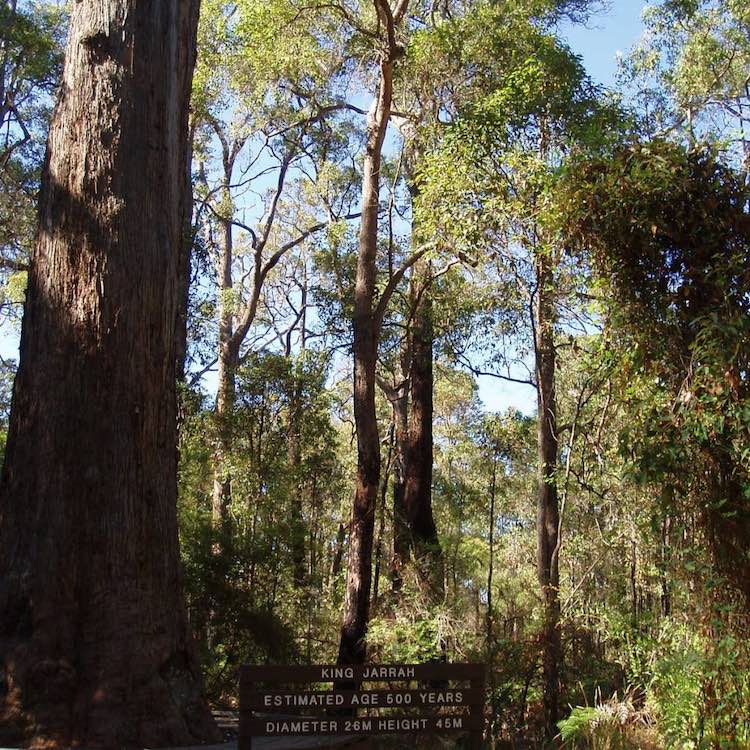
Fewster's Farm Honey is collected from clean and pristine Jarrah forests from across south Western Australia
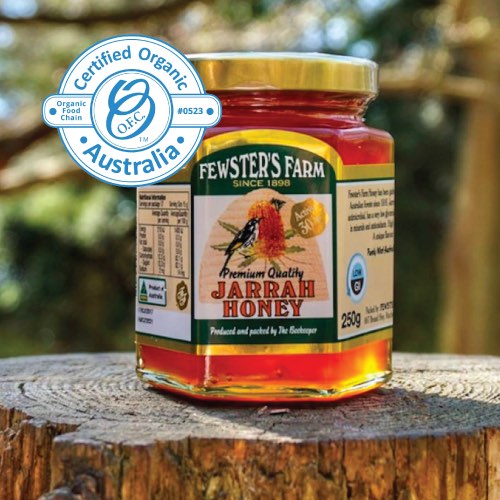
Fewster's Farm in Muchea, approximately 100km from Perth is 'where the magic happens'
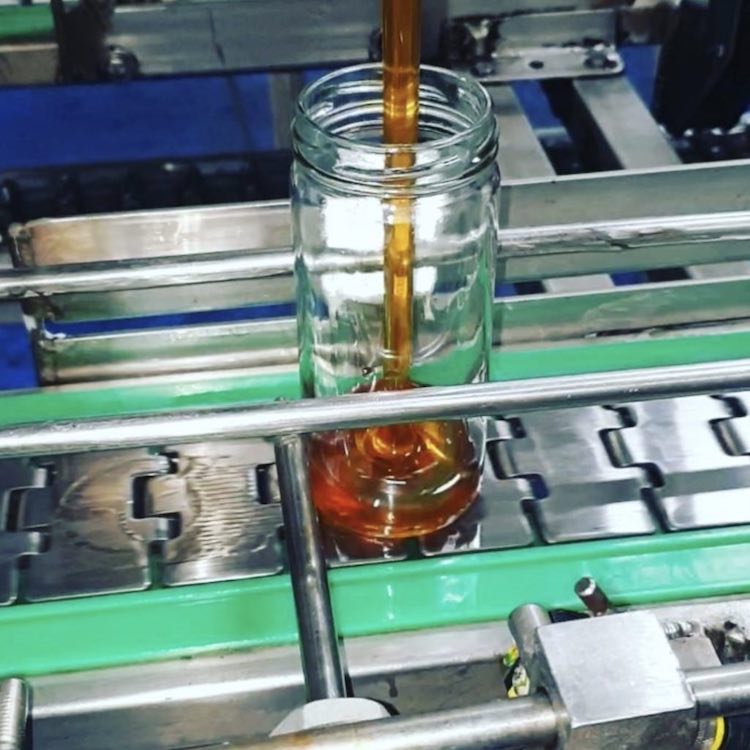
Fewster's Farm is organically certified by the Organic Food Chain and uses modern and very clean technology when bottling the honey.
Fewster’s Farm
Quality
Fewster’s Farm has been operated by the same family since 1898. Currently Fewster’s Farm is managed by fourth generation beekeeper, Mr Kim Fewster.
Fewster’s Farm prides itself in continuing a long tradition of ethical beekeeping. Our bees are well looked after and our honey is unadulterated and pure.
Fewster’s Farm has some of the best apiary sites in the forests and natural reserves of Western Australia. This allows us to choose the best locations to place our bee hives each season.
The entire range of Fewster’s Farm honey is 100% free from any chemicals or pesticides, and harvesting is done to ensure that optimum goodness is retained.
Fewster’s Farm prides itself on its excellence in producing high quality, healthy, tasty, 100% pure Western Australian honey.
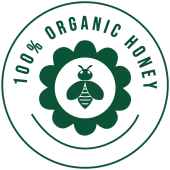
Organic Certification
Fewster’s Farm offers organically certified honey. This means the honey comes from hives in areas where there is no agricultural or industrial activity within a 5 km radius.
Fewster’s Farm has an organically certified harvesting system that ensures we can deliver honey that retains all of the wonderful flavours and health benefits that only raw honey can provide.
Fewster’s Farm is regularly inspected and certified by the Organic Food Chain (OFC), which is one of the most reputable organic certification providers in Australia.
Total Activity
All Fewster’s Farm Jarrah honey is tested for Total Activity (TA) in the Eurofins laboratory located in Waikato University, New Zealand.
Fewster’s Farm currently packages 3 grades of Jarrah honey.
– FF Jarrah honey TA10+ which is Jarrah honey with a measured TA of between 10 and 19,
– FF Jarrah honey TA20+ which is Jarrah honey with a measured TA of between 20 and 29,
– FF Jarrah honey TA30+ which is Jarrah honey with a measured TA of 30 and above.
Fewster’s Farm customers can be assured that they only receive the best quality honey fresh from the hive to the home.
Western Australia
All Fewster’s Farm honey is 100% pure meaning that it is not chemically treated or processed. Western Australia is one of the few places on Earth in which bees do not have diseases such as the Varroa virus.
This means the bees and hives are not chemically treated, making Western Australian honey totally chemical free and the most natural honey in the world. Honey produced in other countries may be sprayed in order to kill the Varroa mites. This means that honey that comes from hives that have been sprayed may contain chemicals that are harmful.
Western Australia is one of the most isolated places on earth and as such many of the diseases that afflict the bee population have not yet reached Western Australia. The strict quarantine standards also assist in prohibiting diseases and pests coming across the state borders.
Fewster’s Farm
History
Brothers John and Robert Fewster came from England to Western Australia in 1892 to work in the gold mining industry. In 1898 they founded Fewster’s Farm in Muchea. Soon after John’s wife and three children joined him. Robert started a market garden from the farm.
The brothers first started beekeeping in 1916. Robert Fewster, a civil engineer, left several hives he had been given on the farm before going to South Australia to oversee the construction of drains and irrigation lines.
Beekeeping soon became a good source of income for 4 of the 6 Fewster sons- Nelson, Vince, Norman and Jim, (Kim Fewster’s grandfather). The beekeeping process then was similar to what it is now. Honey was collected from the ancient forests and bush land close to the farm. Then as transport became more modern, the Fewster’s would venture to Pemberton, for the much prized Karri honey and even as far as the gold fields.
Today the tradition lives on with Kim Fewster, a fourth generation beekeeper. Kim’s drive is continuing the tradition of gathering and providing premium quality Western Aus- tralian honey along with a focus on maintaining the old and natural ways of collecting, extracting and bottling honey with a fully accredited organic honey range.
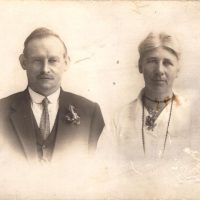
John & Sarah Fewster, founding member of Fewster’s Farm and Kim Fewster’s great grandparents
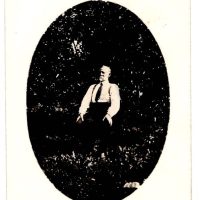
Uncle Robert Fewster, planted the first orange orchard at Muchea and started his brother, Vince in bee keeping
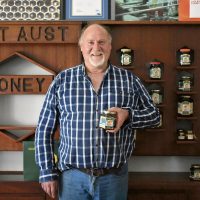
Kim Fewster, a lifelong West Australian beekeeper
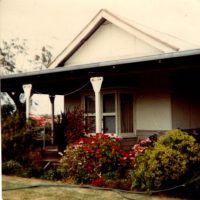
Greenside – the family farm at Muchea
